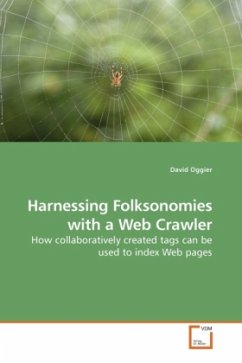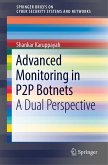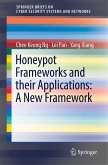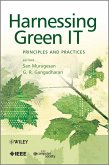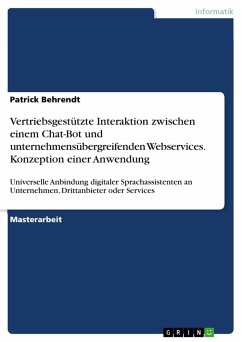Folksonomies play a central role in the current trend of the World Wide Web design towards collaboration and information sharing. They provide a way to create metainformation in a simple, yet precise manner with little additional costs. The contribution of a large number of users creates a network effect that allow for folksonomies to annotate and categorize a vast amount of resources while including different vocabularies. Various resource sharing and social bookmarking platforms encourage folksonomy tagging. The resulting metainformation, however, can only be queried by the respective platform's search tool. But since most of the folksonomy data are publicly available, they could potentially be harnessed by outside programs, such as Web crawlers, in order to take advantage of the knowledge stored in them to better index the corresponding page. This books investigates the possibilities for doing so by initially introducing the theoretical concepts and subsequently discussing theproblems and solutions related to harnessing folksonomy tags.

